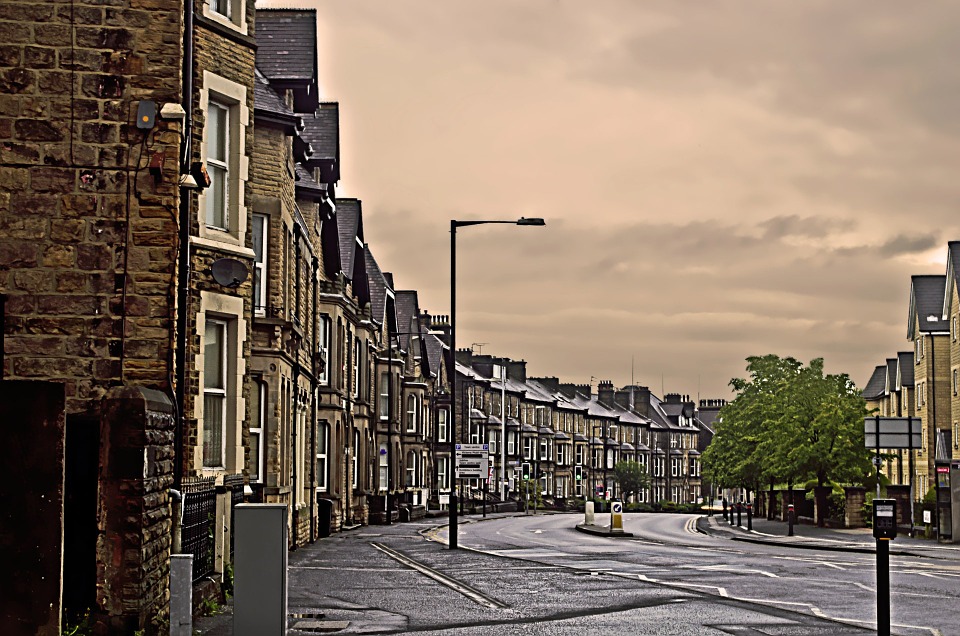England: Homelessness and temporary accommodation use reach record levels

The number of households stuck in temporary accommodation in England was at a record high between January and March this year, new figures from the Department for Levelling Up, Housing and Communities have shown.
According to the statistics, 104,510 households were found to be living in temporary accommodation – up 10% from last year. This includes over 64,000 (64,940) households with children – a 10.3% increase from the same period last year. In total, 131,370 dependent children were living in temporary accommodation.
The total number of households approaching their local council for help to either prevent them from becoming homeless, or to help them out of homelessness, also increased by 5.7% to over 83,000 (83,240) households. Again, these figures hit a record high.
The figures also show:
- 37,890 households were assessed as being threatened with homelessness, and therefore qualified for support from their local authority, which is down 0.7% from the same quarter last year.
- 41,950 households were initially assessed as currently homeless, up 10.7% from the same quarter last year. This is the highest number of people recorded as currently homeless in a single quarter since data collection began in 2018.
- End of private rented Assured Shorthold Tenancy was the most common reason for households being at risk of homelessness, accounting for 14,530 or 38.3% of households. This is an increase of 2.5% from the same quarter last year.
- The most common reason households were at risk of homelessness at the end of a private tenancy were because their landlord wished to sell or re-let the property (9,180 households)
- The number of people who are in work and experiencing homelessness has continued to increase. 19,500 households seeking assistance were headed by someone working, increasing by 8.9% from the final quarter of last year.
Matt Downie, chief executive at homelessness charity Crisis, said: “Once again, we see the crippling cost that years of no investment in housing benefit, and a shameful lack of social house building, is having by trapping families in temporary accommodation. Not only do people not have the stability and security of a home, but they’re often left to cope in just one room, with no facilities to cook meals or do washing.
“This is unacceptable. The Westminster Government may have declared victory yesterday on a pledge to build one million homes in this parliament, but these figures highlight how out of touch they are. Until the Westminster Government grasps the severity of this situation, we will not see change.
“Families experiencing homelessness will continue to be commonplace and more and more children will be forced to live in cramped, unsafe temporary accommodation. Households across the country desperately need more social homes as well as investment in housing benefit so that people can afford even the cheapest of rents.”
“The time for empty words on building social homes and overdue promises on ending no fault evictions has long passed,” said Polly Neate, chief executive of Shelter, which estimated nearly 25,000 people had been made homeless in the last year because landlords had evicted them via so-called Section 21 “no-fault” evictions.
“No-fault evictions are fuelling homelessness and throwing thousands of families’ lives into turmoil,” Neate added. “We need decisive action, not lip service, before this crisis gets even worse.”
Shelter called on the government to prioritise pushing the Renters Reform Bill through parliament after the summer break. Many hope the much-discussed bill will give more protections to renters and abolition Section 21 evictions.
A government spokesperson said: “We are determined to prevent homelessness before it occurs. Temporary accommodation ensures no family is without a roof over their head and we have been clear that the use of B&Bs is always a last resort.”
On Monday the government promised to make good on its manifesto pledge to build 1 million new homes before the next election and housing secretary Michael Gove announced a long-term plan for housing, relaxing planning rules to allow more building in city centres.
The government spokesperson added: “Councils must ensure temporary accommodation is suitable for families, who have a right to appeal if they think it does not meet their household’s needs. That’s why we have given £2 billion over three years to help local authorities tackle homelessness and rough sleeping, targeted to areas where it is needed most. In London, this includes over £350 million funding through the homelessness prevention grant.
“The government is also improving availability of social housing. We are committed to delivering 300,000 new homes per year and investing £11.5bn to build the affordable, quality homes this country needs.”








